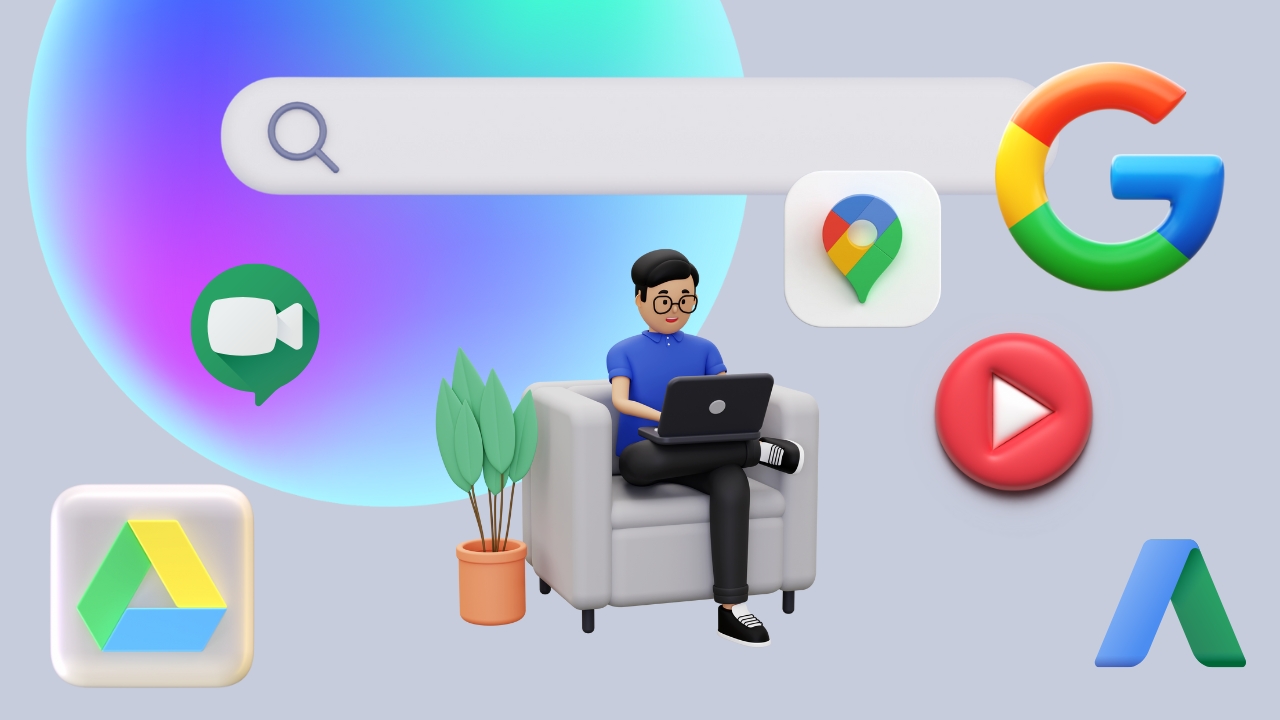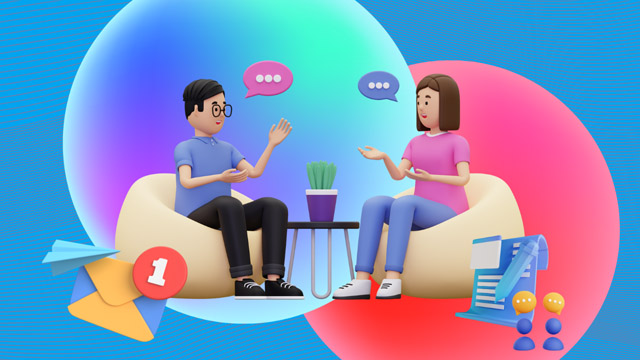- As a Teacher, you should know how and in what way a student learns, does he or she learns from experiences or from Online Tools? How do they like to get information?
- Being a modern-age Teacher, you should know digital tools and methods that a student relates to and to boost learning experience.
- MKCL’s KLiC Smart Teacher course offers Skills to prepare and deliver Smart Classes, lets you give fine digital experience to students, gives you opportunities to teach and learn professionally.

Smart Teacher
As a teacher, you know how students learn informally outside school either through their "real world" and online experiences. The books they read for personal interest, whether it be on hardcover, paperback, Kindle, or iPad. The sports and musical instruments they play. What they like to do on the computer, whether it is games, social networking, or watching instructional online videos on how to use technology on YouTube.
As more digital tools become available and technologies that facilitate learning in multiple modalities through synchronous or asynchronous online environments become more prevalent and accessible, you as a 21st century teacher need to continue seeking additional tools and avenues to improve student learning.
Introduction
Who Should Join
- Current Educators: Teachers aiming to integrate digital tools and methodologies into their teaching practices to enhance student engagement and learning outcomes.
- Aspiring Teachers: Individuals planning to enter the teaching profession who wish to develop competencies in using technology effectively in the classroom.
- Educational Coordinators and Curriculum Developers: Professionals responsible for designing curricula and training programs, seeking to incorporate digital tools and resources.
- Teacher Trainers and Educators: Individuals involved in training teachers, looking to update their knowledge with modern teaching tools and techniques.
- School Administrators and Principals: Educational leaders aiming to promote and implement smart teaching practices within their institutions.
- Tutors and Private Educators: Individuals providing private instruction who wish to enhance their teaching methods with digital tools.
- Education Enthusiasts: Individuals passionate about education and interested in understanding how technology can transform teaching and learning processes.
What you'll learn ?
MKCL’s KLiC Smart Teacher course will boost your professional life and make you feel more confident in your classroom. KLiC Smart Teacher course will empower you with 21st century skills which are directly applicable in the classroom. This will transform you as a Smart Teacher and wide open the doors of various opportunities in your professional life.
Syllabus
The following topics cover Video-based skills:
- Technology Facilitator
- Classroom Facilitator
- Academic Facilitator
- eContent Developer
- eAssessment Developer
- eTutor
- Techno pedagogue
- Expert Searcher
- Lifelong learner
- eSchool Administrator
- Online References of Marathi for good teaching
- Online References of Hindi for good teaching
- Online References of English for good teaching
- Online References of Physics for good teaching
- Online References of Chemistry for good teaching
- Online References of Biology for good teaching
- Online References of Mathematics for good teaching
Certificate
- MKCL provides certificate (for 30/60/90 hours courses) to the KLiC learner after his/her successful course completion.
Academic Approach
The Academic Approach of the course focuses on the “work centric” education i.e. begin with work (and not from a book !), derive knowledge from work and apply that knowledge to make the work more wholesome, useful and delightful. The ultimate objective is to empower the Learner to engage in socially useful and productive work. It aims at leading the learner to his/her rewarding career as well as development of the society.
Learning methodology
- Learners are given an overview of the course and its connection to life and work.
- Learners are then exposed to the specific tool(s) used in the course through the various real-life applications of the tool(s).
- Learners are then acquainted with the careers and the hierarchy of roles they can perform at workplaces after attaining increasing levels of mastery over the tool(s).
- Learners are then acquainted with the architecture of the tool or Tool Map so as to appreciate various parts of the tool, their functions and their inter-relations.
- Learners are then exposed to simple application development methodology by using the tool at the beginner’s level
- Learners then perform the differential skills related to the use of the tool to improve the given ready-made outputs.
- Learners are then engaged in appreciation of real-life case studies developed by the experts.
- Learners are then encouraged to proceed from appreciation to imitation of the experts.
- After imitation experience, they are required to improve the expert’s outputs so that they proceed from mere imitation to emulation.
- Finally, they develop the integral skills involving optimal methods and best practices to produce useful outputs right from scratch, publish them in their ePortfolio and thereby proceed from emulation to self-expression.
Evaluation Pattern
Evaluation Pattern of KLiC Courses consists of 4 Sections as per below table:
| Section No. | Section Name | Total Marks | Minimum Passing Marks |
|---|---|---|---|
| 1 | Learning Progression | 25 | 10 |
| 2 | Internal Assessment | 25 | 10 |
| 3 | Final Online Examination | 50 | 20 |
| Total | 100 | 40 | |
| 4 | SUPWs (Socially Useful and Productive Work in form of Assignments) | 5 Assignments | 2 Assignments to be Completed & Uploaded |
MKCL’s KLiC Certificate will be provided to the learner who will satisfy the below criteria:
- Learners who have successfully completed above mentioned 3 Sections i.e. Section 1, Section 2 and Section 3
- Additionally, learner should have completed Section 4 (i.e. Section 4 will comprise of SUPWs i.e. Socially Useful and Productive Work in form of Assignments)
- Learner has to complete and upload minimum 2 out of 5 Assignments
Courses Fee Structure from 01 July, 2025 Onwards
KLiC 60 hour course fee applicable from 01 July, 2025 all over Maharashtra| KLiC Course Duration | MFO: MKCL Share (Including 18% GST) |
ALC Share (Service Charges to be collected by ALC) |
|---|---|---|
| 60 hours | Rs. 500/- | Rs. 2,500/- |
* Above mentioned fee is applicable for all Modes of KLiC Courses offered at Authorised Learning Center (ALC) and at Satellite Center
* Total fee is including of Course fees, Examination fees and Certification fees
* MKCL reserves the right to modify the Fee anytime without any prior notice
KLiC Courses Fee Structure upto 30 June, 2025
| Region | Total Fee (Rupees) |
| MMRDA, PMRDA and Rest of Maharashtra | 3000/- |
* Above mentioned fee is applicable for all Modes of KLiC Courses offered at Authorised Learning Center (ALC) and at Satellite Center
* Total fee is including of Course fees, Examination fees and Certification fees
* MKCL reserves the right to modify the Fee anytime without any prior notice


